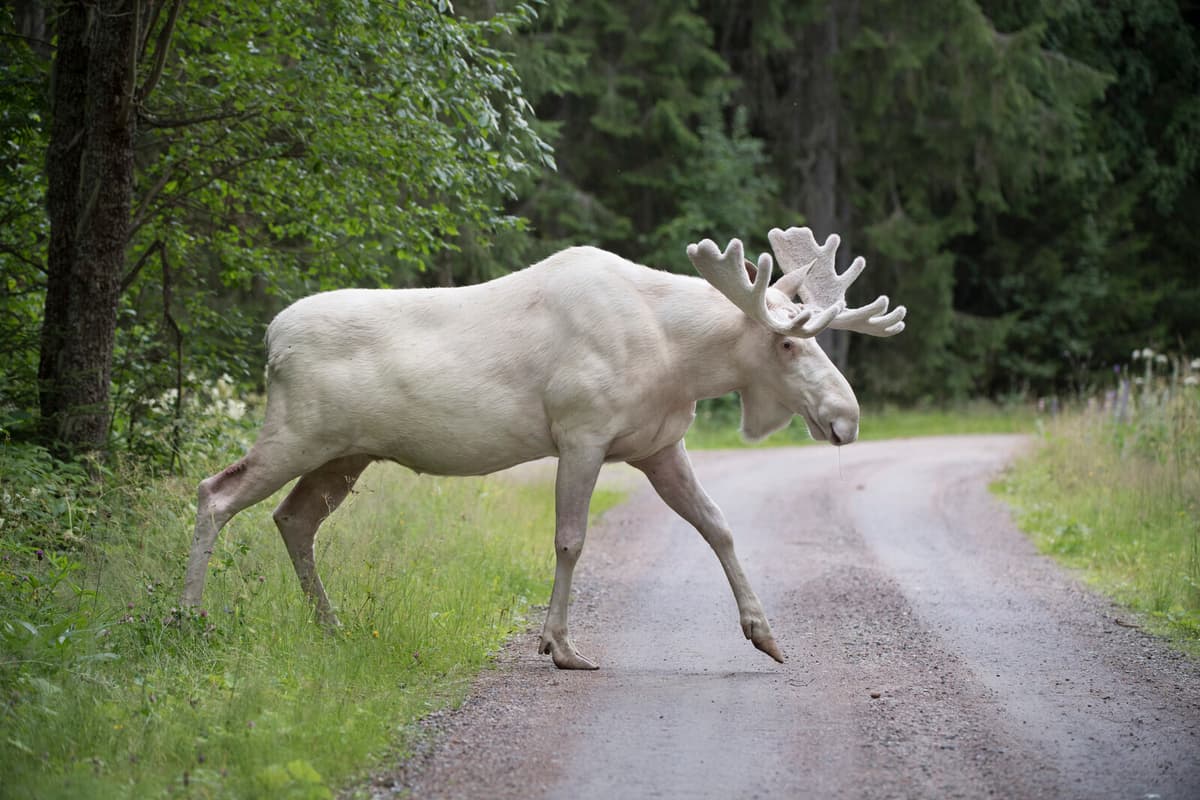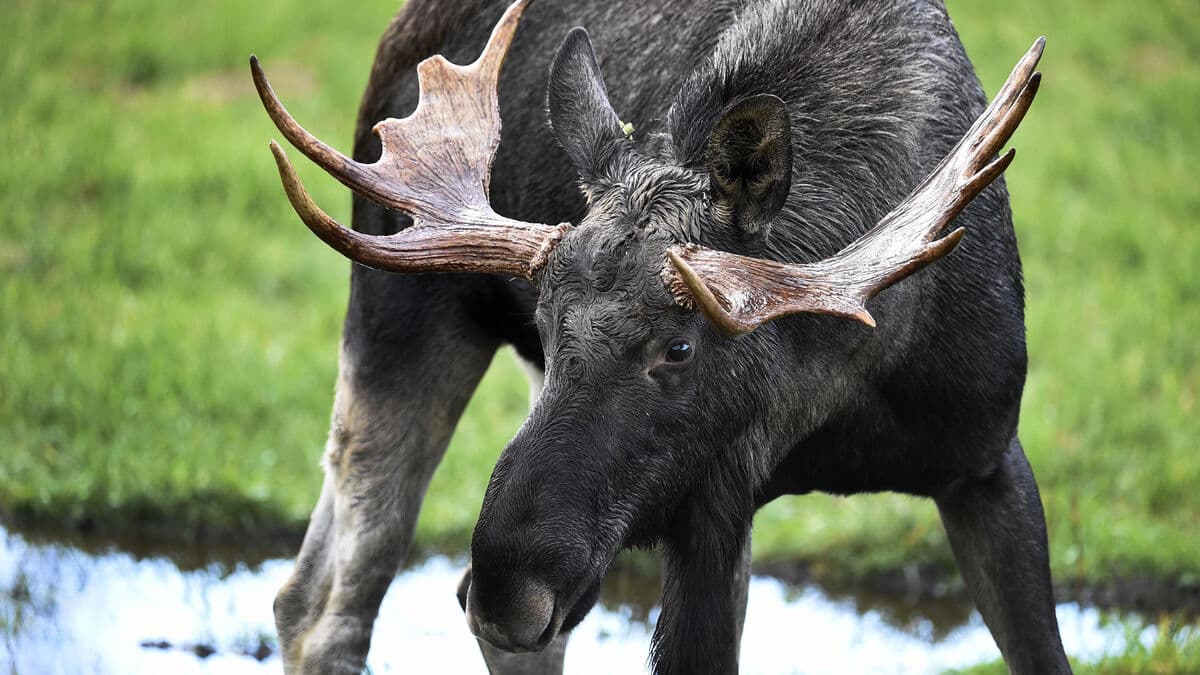In a large international study, published in the journal Nature, researchers have gone through genetic changes in over 600 species around the world over a period of more than 30 years. It shows that genetic diversity is decreasing globally.
The existence of a large variation of genes within a species is crucial for animals and plants to be able to cope with changes in climate and environment. The greater the variation, the greater the chance that there are genes that, for example, enable a species to survive and reproduce despite rising average temperatures or other changes.
But there is hope, according to the researchers, who are also active at Stockholm University and the Swedish Environmental Protection Agency. By mapping and identifying populations of different species that are genetically sensitive, various measures can be taken to preserve them. In Sweden, species such as salmon, trout, and elk are being monitored using new methods based on DNA.
"By taking genetic considerations into account when planning and implementing conservation measures, we can protect biological diversity and strengthen ecosystems' resilience to current and future challenges," says Catherine Grueber at the University of Sydney, who led the study, in a press release.






